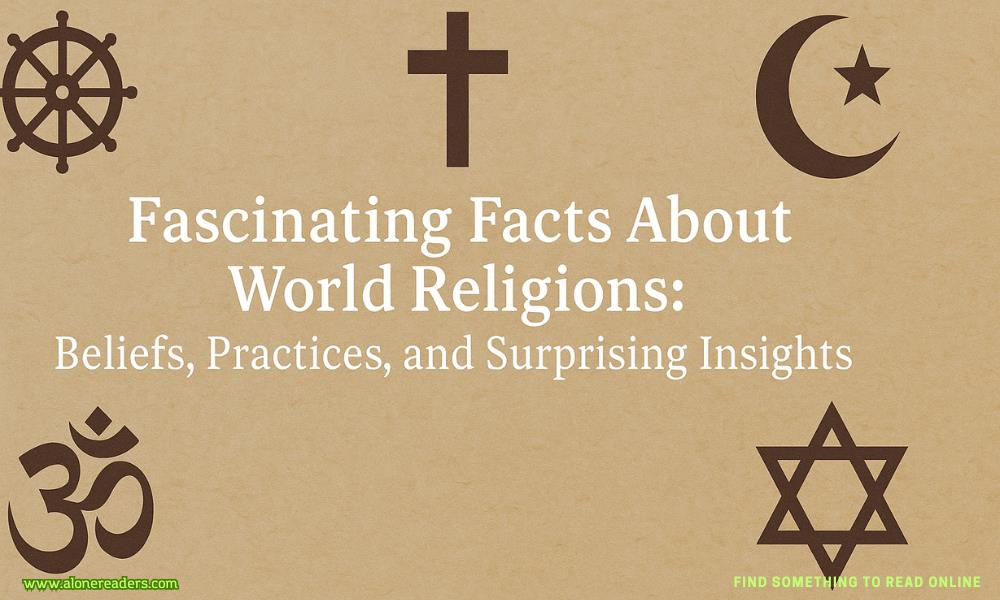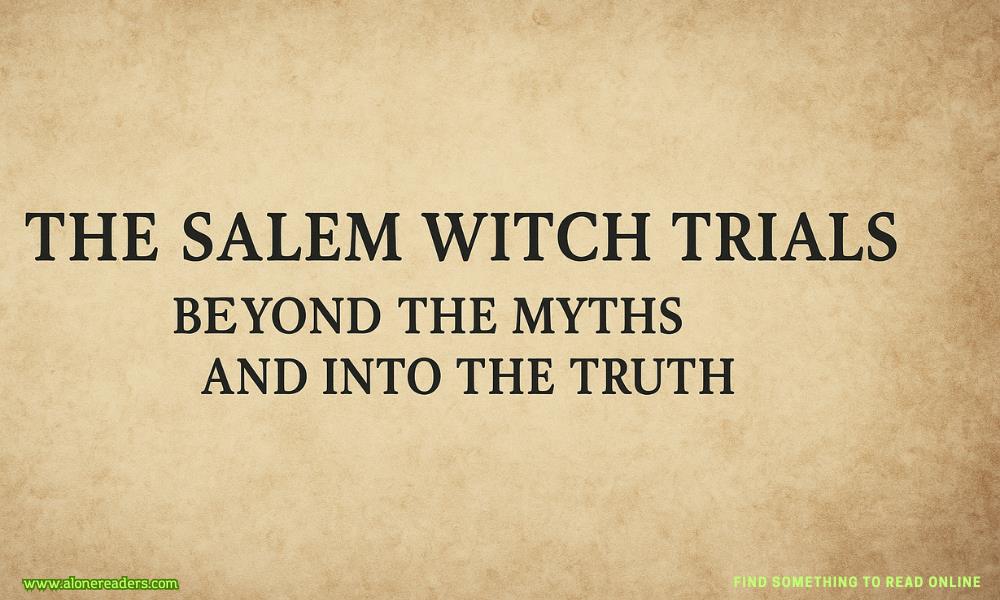Page 48 of Six Wild Crowns
“Syndony?”
“She’s local. Smart. She’ll have an inkling of what and who’s behind these rumours far better than me.”
Boleyn nods, and together they leave the graveyard and wander back towards the castle. Boleyn’s guards fall in step behind them. A lone seagull cries mournfully from the roof of the sanctuary.
“You really are no use at all, Wyatt,” she comments. “Why ever do I keep you around?”
“I ask myself the same question hourly. But I’m exceedingly grateful that you seem to have taken leave of your good judgement.”
A steady stream of workers has been restoring the folly: tearing off the last of the ivy, replacing the broken roof tiles, clearing the weeds from the sunken garden by the sea, and polishing the bronze exterior and the convex hexagon of thesunscína, the purpose of which only Boleyn knows. Now, it is almost complete. Inside, seamstresses make long curtains of heavy fabric that block out the draughts, and thick cushions for the window seats. The final touch is the entrance: the old iron frontage is polished and fixed to a new oak door, and at last the folly is watertight and cosy.
She meets Syndony here, not wishing to risk other servants overhearing her insecurities. When she arrives, Syndony refuses to showmore than the most basic courtesy, as usual – a smileless bob of a curtsey – and sits in the chair offered to her with the air of someone about to be tortured for information.
“You have lived in Pilvreen and Brynd your whole life, I understand?” Boleyn asks.
“I have.”
Boleyn settles herself on her own chair. It’s difficult these days to find a comfortable position. Either her back starts to ache or her bladder complains of being full. She decides to be as direct with Syndony as she can.
“Syndony, please be honest with me. Have I done something to offend my people, or are they always like this?”
“Your people?”
“The people of Pilvreen.”
Syndony purses her lips.
“We’re not fools in this part of Elben,” Syndony says. “We know what you lords and ladies think of us, no matter how many leftovers you send to the almshouses. We’re still expendable to you. You’d all as soon see us dead in the streets than raise a sword for us, yet you expect us to give our lives for you.”
“That’s hardly fair,” Boleyn says. “Have I not shown that I appreciate skill no matter how low- or high-born someone is?”
Syndony shrugs. “You asked me. I’m just telling you the truth. I respect you well enough to know you won’t harm me for doing so.”
Boleyn nods. “Mistrusting me I can live with. But there are rumours…”
“I’ve heard them,” Syndony says stolidly. “I’ve told people they’re a lot of rubbish. And so has your man Oswyn.”
“You have?” Boleyn expected Oswyn’s loyalty, but she thought that Syndony despised her. If she’s defending Boleyn then maybe her icy exterior is merely a mask. Boleyn reaches across to the stewardess, folding her hand into Syndony’s.
“You’re a fair mistress, and I’ve had a few so I should know,” Syndony says.
“My predecessor?”
The dowager queen Huntlye – Henry’s youngest stepmother –had lived and died in Brynd. Once a queen is tied to her castle, the bordweal holds for as long as she lives there, even if she has been widowed.
“Ach, I can’t blame her for being difficult, I suppose,” Syndony says. “She was so ill, at the end. It’s a wonder she lasted as long as she did.”
“She was considered a beauty in her youth,” Boleyn says.
“She was. A very beautiful young woman. Active, too. She loved to dance and hunt.”
Boleyn thinks of the portrait of Huntlye that hangs in one of the galleries, painted just after the queen came to Brynd. She was a large woman, with rich brown skin, startlingly dark eyes and short black hair. Boleyn finds it hard to reconcile that portrait with the reports of Huntlye’s later bed-bound years.
“Do I need to worry about the rumours?” Boleyn says.
Syndony purses her lips again. Boleyn is starting to understand that this means she thinks Boleyn is being foolish.
“What is it, Syndony? What am I missing? I’m not above being schooled.”
- The Prince's Secret Twins by Elizabeth Lennox
- Tangled Desires by Tory Baker
- At the Edge of Surrender by A.L. Jackson
- A Touch of Fate by Cora Reilly
- Untouchable Love by Lucy Darling
- After Hours by Caitlin Crews
- Shelter from the Storm by Mari Carr
- Someone Knows by Vi Keeland
- Hawk by Fiona Davenport
- The Silencer by Brooke Summers
- The Beat of her Heart by Emily Hayes
- The Neighbor's Son by K. Webster
- Vasily the Hammer by C.B. Alice
- Convenient Vows by D.C. Beks
- Wrapped in Silver by Sara Vice
- Ruined By Capture by Sherry Blake







